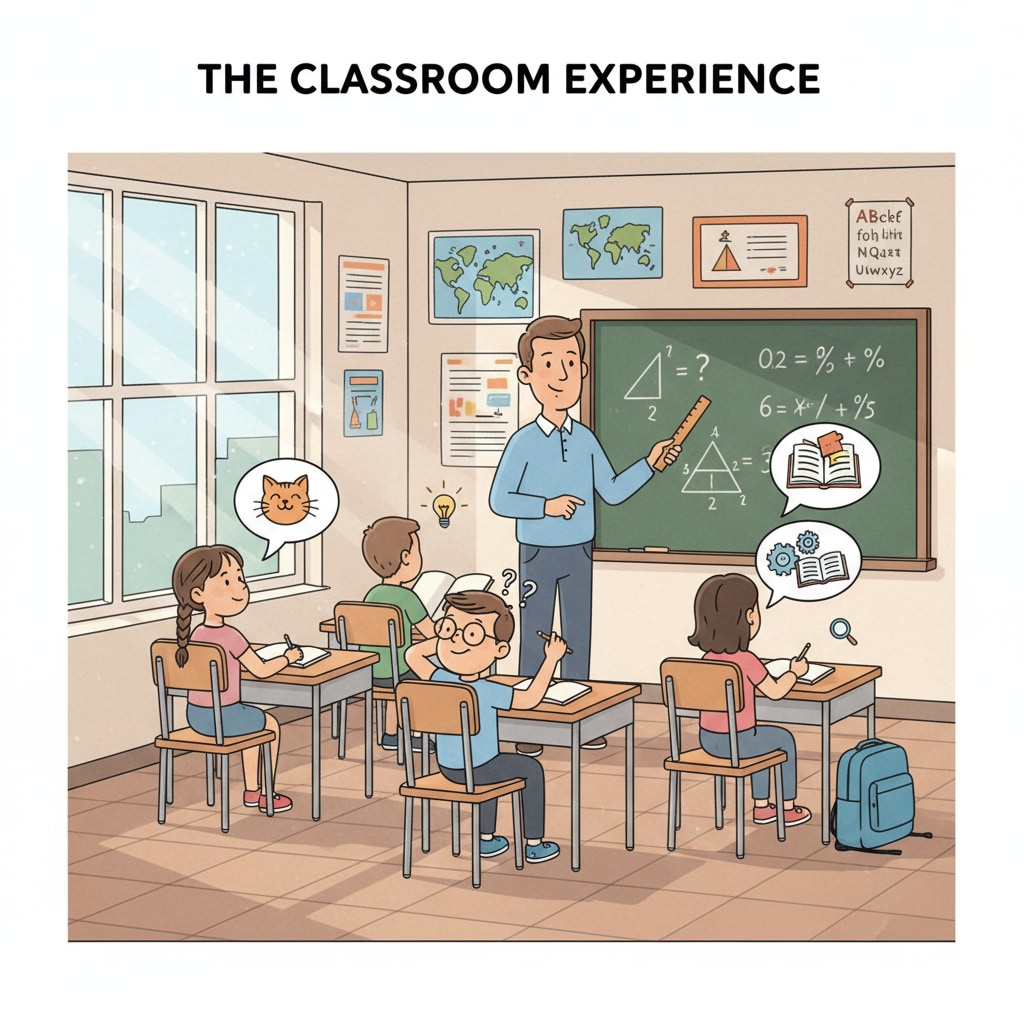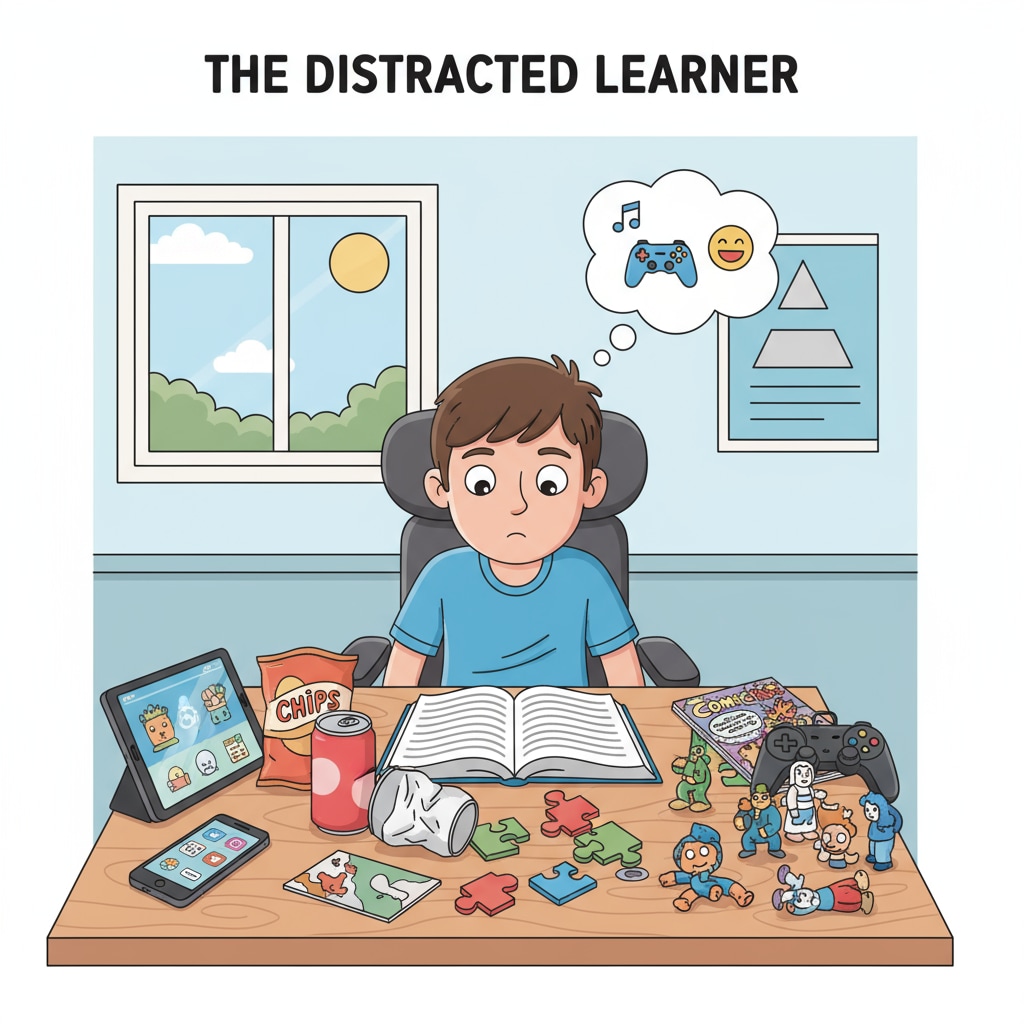Deep thinking, inattentiveness, and sleep quality are three intertwined aspects that significantly impact the learning and development of K12 students. In today’s digital age, K12 students are often bombarded with a plethora of information and distractions, which can lead to a decline in their ability to think deeply and maintain focus. Understanding how these elements interact and what can be done to improve the situation is crucial.

The Impact of Inattentiveness on K12 Students
Inattentiveness among K12 students is a prevalent issue. When students are unable to focus, they miss out on important lessons and struggle to grasp complex concepts. For example, in a math class, an inattentive student might not understand the steps of a problem-solving process. This lack of focus can stem from various factors such as a noisy environment, excessive screen time, or an improper diet. As a result, their academic performance may suffer, and they may find it difficult to keep up with the curriculum.

The Decline of Deep Thinking Abilities
The ability to think deeply is essential for students to analyze, evaluate, and create. However, with the rise of quick information consumption, like social media and short-form videos, K12 students are becoming less accustomed to engaging in profound thought. They are used to getting instant answers and may not develop the patience to think through complex issues. According to Psychology Today, this trend can limit their creativity and problem-solving skills in the long run.
The Role of Sleep Quality
Sleep quality plays a vital role in a student’s cognitive function. When students get enough quality sleep, their brains are better able to process information, consolidate memories, and improve concentration. A study on NCBI has shown that students who sleep well perform better in school and are more likely to engage in deep thinking. Lack of proper sleep, on the other hand, can lead to increased inattentiveness and a decrease in mental clarity.
To address these issues, educators and parents can take several steps. Creating a conducive learning environment, setting limits on screen time, and ensuring a balanced diet are all important. Additionally, promoting good sleep hygiene, such as establishing a regular sleep schedule and creating a comfortable sleep environment, can significantly improve a student’s ability to focus and think deeply. By taking these measures, we can help K12 students regain their focus and cultivate strong deep thinking abilities.
Readability guidance: This article uses short paragraphs to present ideas clearly. Each H2 section provides key points. The passive语态 is used minimally, and transition words like ‘for example’ and ‘as a result’ are incorporated to enhance flow.


